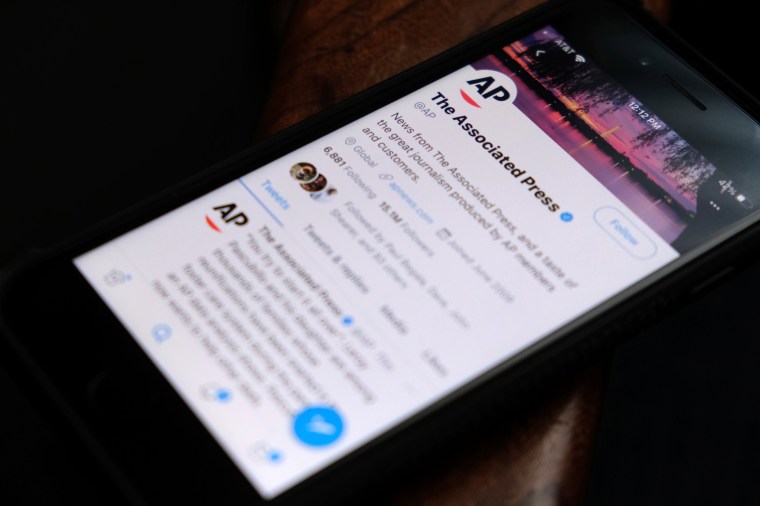Updated March 20, 2023
Media outlets and journalists are increasingly targeted by sophisticated smear campaigns designed to harm their credibility. Groups coordinate to spread false online content about them or their work, often targeting their social media accounts. Some such groups have undisclosed government backing. Posts often seek to undermine news reports and convince readers they’re untrue, or to query a newsroom’s funding, thereby eroding trust in the media as well as freedom of expression. Smear campaigns are more likely during civil unrest or key events like elections, and may be short-lived or prolonged. Attackers disproportionately target women, journalists from minority backgrounds, and those on particular beats, such as climate change, health, politics, and gender.
- Disinformation: Deliberately incorrect information shared with intent to deceive.
- Misinformation: Incorrect information spread without malice.
Guidance for media outlets
- Consider smear campaigns against employees as an attack on the newsroom and freedom of expression.
- Ensure that journalists are aware of how their online personal data can be used against them and help them remove it from the internet.
- Encourage robust digital security for journalists’ online accounts, including personal ones.
- Weigh the benefits of speaking out for journalists under attack. A public statement of support may be useful, according to the International Press Institute, though it may also spur further harassment in some cases.
Guidance for journalists
- Research whether other journalists covering your beat have been targeted and set reminders or automate regular internet searches to monitor disinformation about issues you cover.
- Remove or protect online personal data such as photos, addresses, and telephone numbers, since abusers can use this information to harass you.
- Secure all online accounts by turning on two-factor authentication (2FA) and creating long, unique passwords.
- Learn how to protect yourself during a targeted online attack.
- Speak with your newsroom to see what support they will offer you if you are targeted by a smear campaign.
- Online harassment can take a toll on your mental wellbeing. Consider coming offline until the attacks have died down.
Relevant CPJ Resources
Editor’s checklist: protecting staff and freelancers against online abuse
Protecting against online harassment
Protecting against targeted online attacks
Removing personal data from the internet
Online harassment and how to protect your mental health
CPJ resources for protecting against online abuse
The Committee to Protect Journalists is a member of the Coalition Against Online Violence, a collection of global organizations working to find better solutions for women journalists facing online abuse, harassment and other forms of digital attack.
Journalists in need of emergency assistance can email [email protected].
